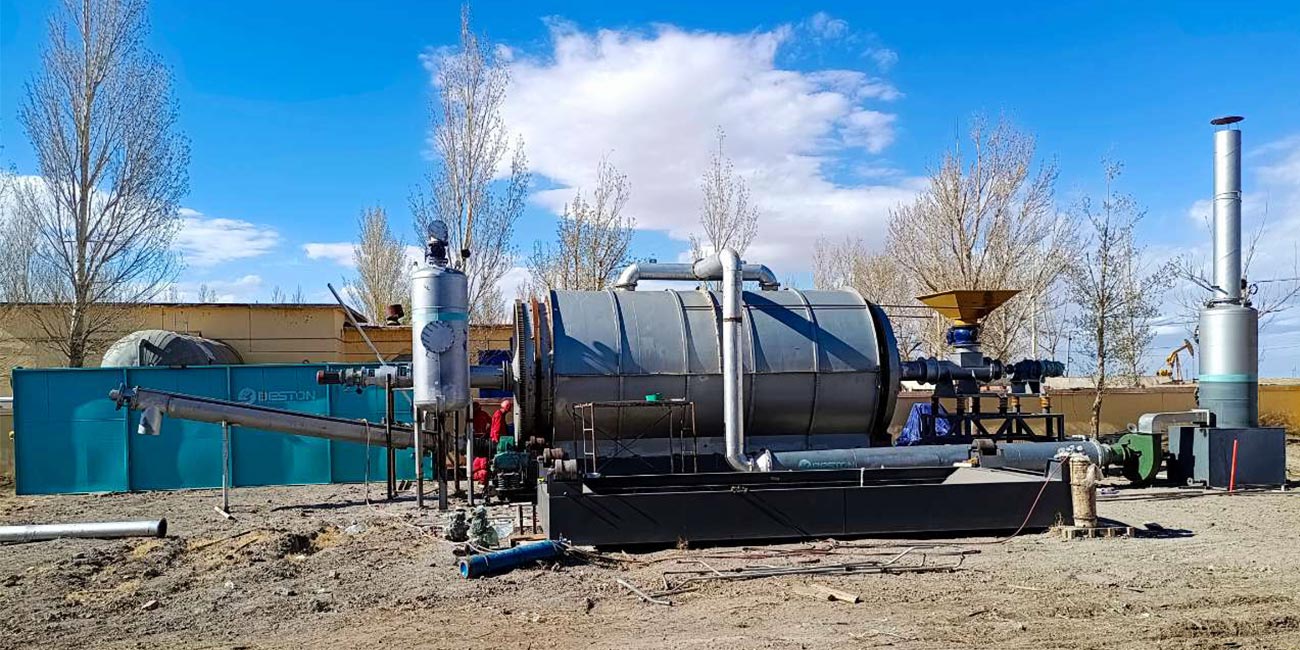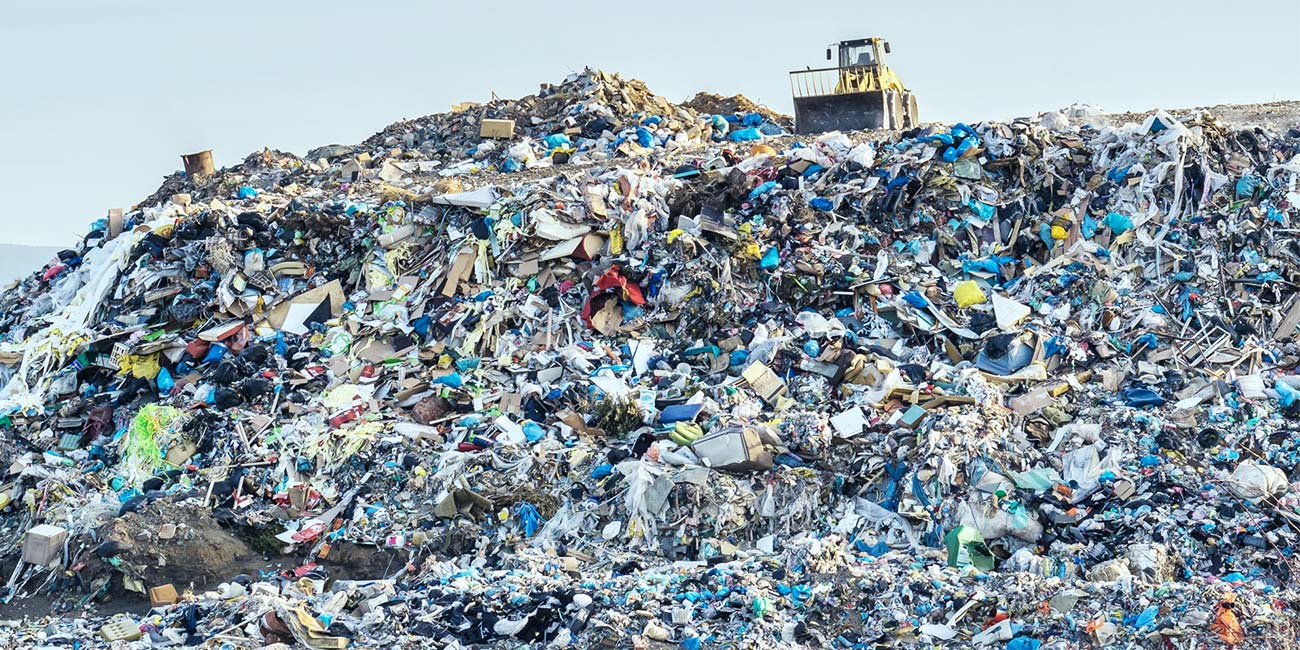In the realm of sustainable waste management, the emergence of plastic to oil machines has sparked innovation, offering a promising solution to the burgeoning plastic waste crisis. Several noteworthy case studies underscore the practicality and efficacy of these machines in converting discarded plastics into valuable resources.
Technological Breakthroughs
At the forefront of these case studies lies the technological breakthroughs achieved by cutting-edge plastic oil machine. These machines, leveraging advanced pyrolysis processes, meticulously break down various plastic polymers, from polyethylene terephthalate (PET) to polyvinyl chloride (PVC), into their constituent elements.

Industrial-Scale Success Stories
Numerous industries have embraced the deployment of large-scale Plastic to Oil Machines to tackle their plastic waste predicaments. A leading beverage manufacturing company, through the utilization of these machines, effectively converted tons of discarded PET bottles into high-grade synthetic oil, subsequently used as a feedstock for their manufacturing processes. This implementation not only reduced their environmental footprint but also contributed to substantial cost savings in raw material procurement.
Environmental Impact and Resource Recovery
One compelling case study hailed from a municipal waste management facility. By integrating Plastic to Oil Machines into their waste treatment infrastructure, they achieved remarkable results. The plastic pyrolysis machine efficiently processed mixed plastic waste streams, producing clean, high-quality oil, and minimizing residual waste, thus significantly reducing the burden on landfills. This breakthrough not only curbed environmental pollution but also facilitated the recovery of valuable resources from otherwise non-recyclable plastics.
Community-Level Initiatives
In a community-driven initiative, a small town struggling with plastic waste management opted for a decentralized approach. Implementing compact Plastic to Oil Machines allowed them to convert locally collected plastic waste into usable oil products, which were then distributed among residents for various purposes, from heating to powering machinery. This grassroots effort not only addressed their waste issue but also fostered a sense of community involvement in environmental conservation.
Innovations in Oil Utilization
Beyond mere extraction, innovative applications of the oil derived from plastic to fuel machine have surfaced. A research institute delved into refining the obtained oil into specialized additives for lubricants and greases. This transformative use of the converted oil showcased the versatility and potential of this resource, paving the way for a new avenue in the lubricant industry that champions sustainability.

Challenges and Lessons Learned
While these case studies demonstrate the promise of Plastic to Oil Machines, challenges persist. Issues concerning scalability, operational efficiency, and regulatory compliance have surfaced during implementations. Nevertheless, these challenges have provided invaluable insights and opportunities for refinement, fueling ongoing research and development efforts.
In conclusion, the case studies and real-world implementations of Plastic to Oil Machines underscore their pivotal role in reshaping waste management paradigms. As technology advances and best practices evolve, these machines stand as beacons of innovation, offering tangible solutions to the global plastic waste crisis while unlocking new avenues for resource recovery and environmental sustainability. More information on Beston Group here.